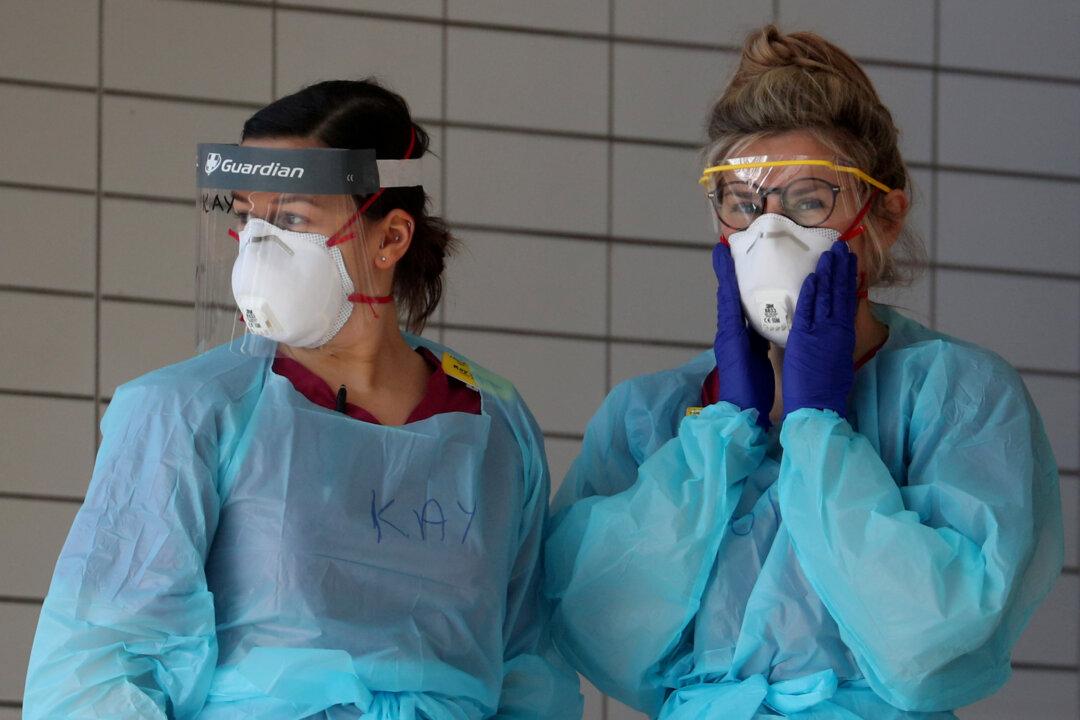Most adults are likely to have T-cell immunity against COVID-19 six months after infection, according to a UK study.
Immunity is most commonly associated with antibodies, but they aren’t the body’s only line of defence. For some diseases, the body adopts other mechanisms of immunity, including T-cells.





